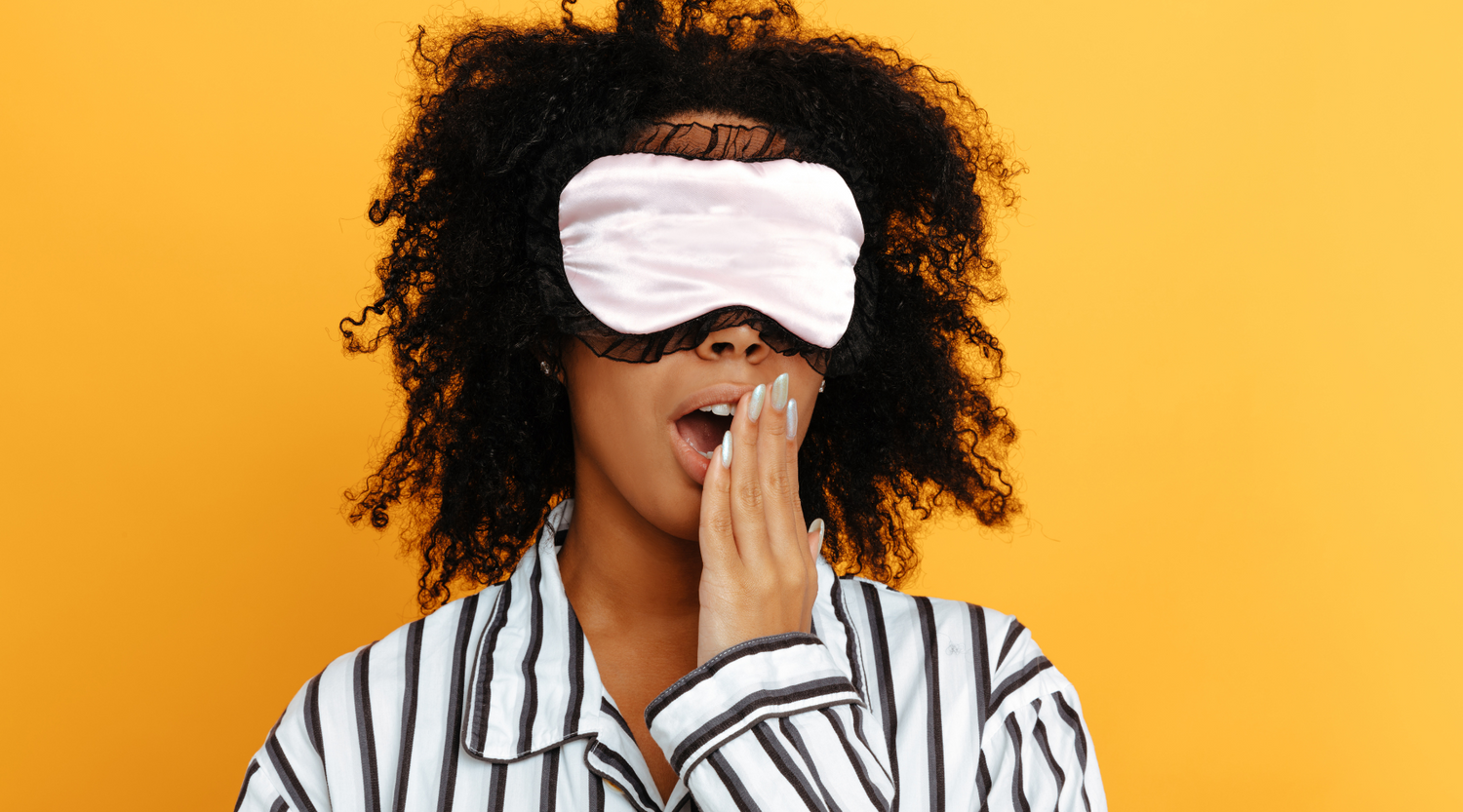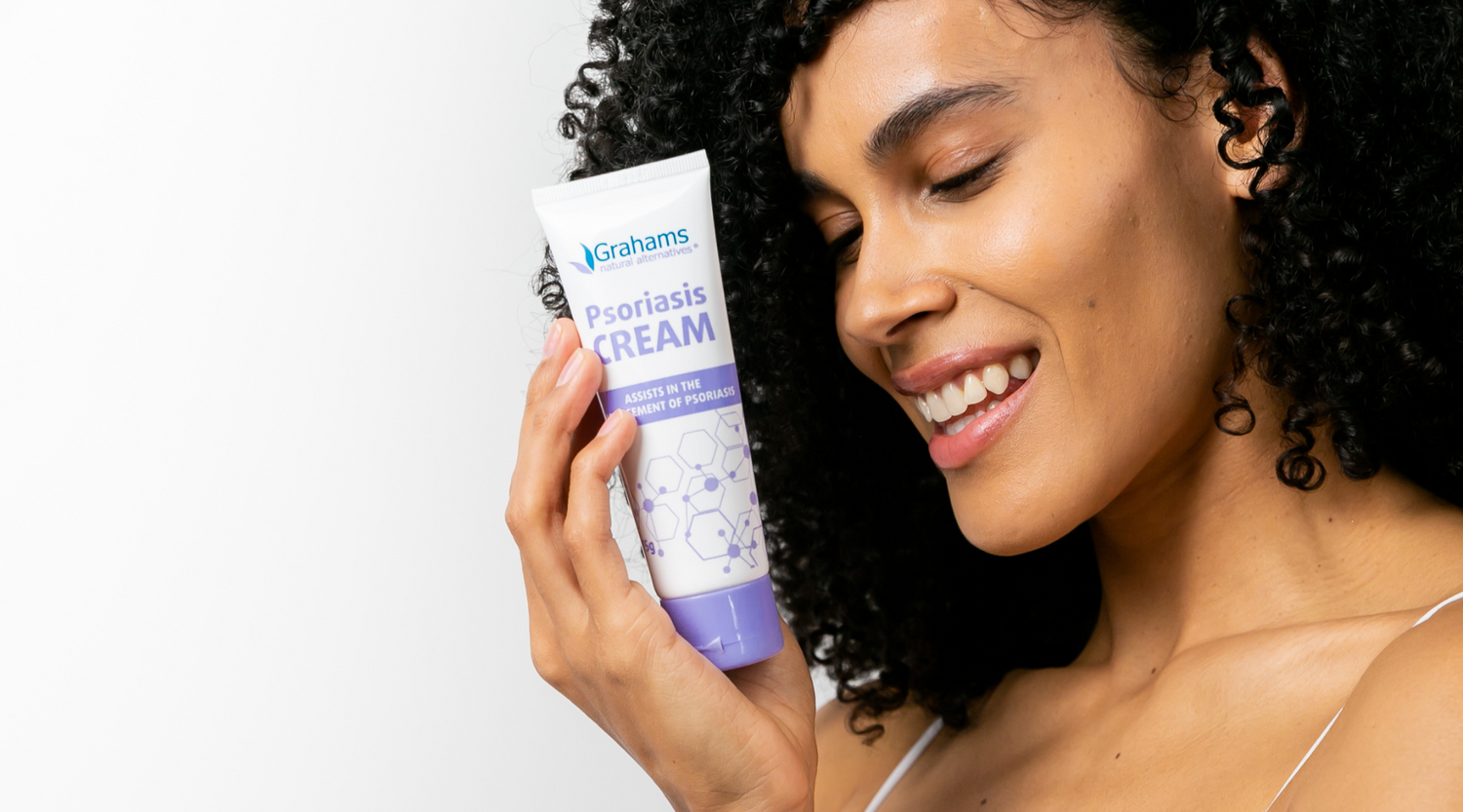If you struggle with an itchy scalp that never stops flaking, you're in the right place
Dandruff is a common scalp condition that affects millions of people worldwide.
It is a condition characterised by the shedding of dead skin cells from the scalp, resulting in the appearance of white or yellow flakes on the hair.
Dandruff is not a serious health condition, but it can be embarrassing and annoying, causing social and self-esteem issues for those who suffer from it.
In this blog, we will explore the causes of dandruff and the various ways to treat and prevent it.
What Causes Dandruff?
The exact cause of dandruff is still unknown, but several factors have been identified as contributing to its development.
These include:
1. Malassezia
As adventurous as this word sounds, ‘Malassezia’, is simply just a fungus which is present on everyone’s skin and is a part of the ecosystem of tiny organisms that live in and on our body.
It feeds on the oils produced by the hair follicles, and its growth is stimulated by a hormone called androgen.
When the growth of Malassezia is too high, it can lead to inflammation of the scalp, causing itching, flaking, and dandruff.
2. Dry Skin
When the skin on the scalp is dry, it can become flaky and itchy, resulting in the development of dandruff.
Factors which may contribute to a dry scalp include cold weather, indoor heating, or by excessive washing of the hair, which can strip the scalp of its natural oils.
3. Seborrheic Dermatitis
This is a common skin condition that affects the scalp, face, and other oily areas of the body.
It can cause red, itchy, and scaly skin, and can also result in the development of dandruff.
4. Reaction to Products
Some people may be sensitive to certain hair care products, including shampoos, conditioners, and hair dyes.
These products can irritate the scalp, leading to the development of dandruff.
5. Stress
There is some evidence to suggest that stress may play a role in the development of dandruff, as it does with many conditions.
Stress can weaken the immune system, making the scalp more vulnerable to inflammation and infection.
Treatment of Dandruff
It is important to always consult your qualified doctor or healthcare professional in regards to treatment of your dandruff.
Here are some alternative options to mention and consider:
Keep Your Scalp Clean
Regularly washing your hair can help to prevent the buildup of oils and dead skin cells on the scalp, which can contribute to the development of dandruff.
Use a mild, non-irritating shampoo, and be sure to rinse your hair thoroughly to avoid any buildup of shampoo residue.
Be mindful of overwashing though as this can strip your hair of nutrients! Try 2-3 times a week.
We recommend: Grahams Natural Scalp Relief Shampoo
Avoid Harsh Hair Products
Some hair care products can irritate the scalp and contribute to the development of dandruff.
Avoid products that contain harsh chemicals or fragrances, as these can cause dryness and irritation of the scalp.
Eat a Healthy Diet
A healthy diet is essential for maintaining healthy skin and hair. Eating a diet rich in fruits, vegetables, and whole grains can provide essential vitamins and nutrients that promote healthy hair and scalp.
Try Grahams Natural Mega Oil for an added boost of omegas and fatty acids into your diet.
Avoid Excessive Heat
Excessive heat can dry out the scalp, leading to the development of dandruff.
Avoid using hot styling tools such as hairdryers, straighteners, and curling irons on a regular basis.
Keep Your Hair and Scalp Moisturised
Dryness of the scalp can contribute to the development of dandruff. Use a mild conditioner to keep your hair and scalp moisturised, and avoid over-washing your hair, which can strip the scalp of its natural oils.
Alternatively, try a mild scalp cream to add extra hydration to the skin.
Try Grahams Natural Scalp Relief Cream.
In conclusion, while it may not be possible to prevent dandruff completely, taking these steps can help to reduce your risk of developing this condition.
If you are experiencing symptoms of dandruff, be sure to consult with your healthcare provider or dermatologist to determine the best course of treatment.
With proper care and attention, you can keep your scalp healthy and free of dandruff.





